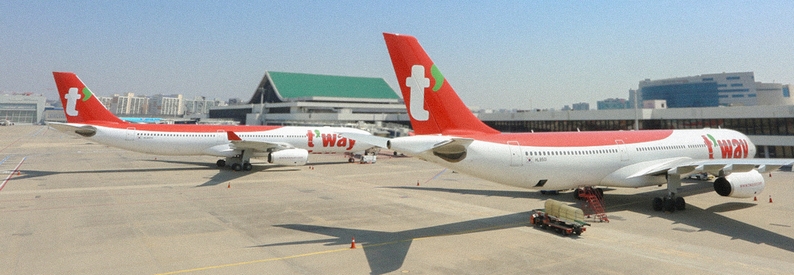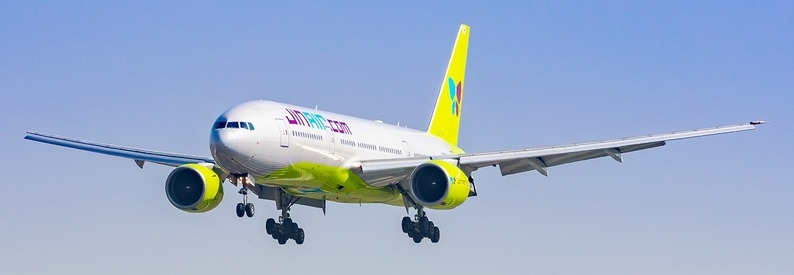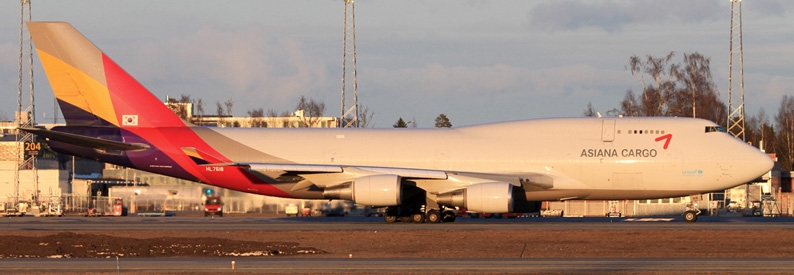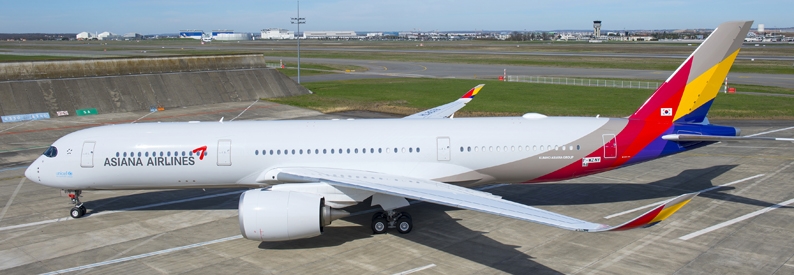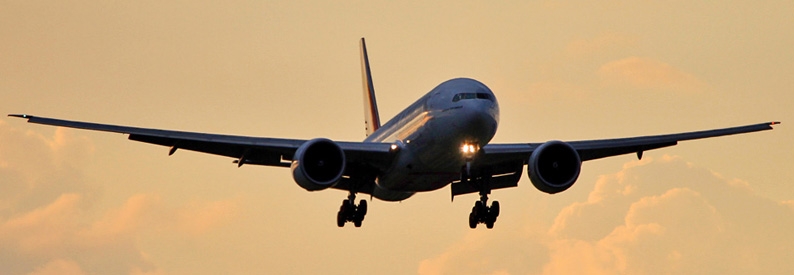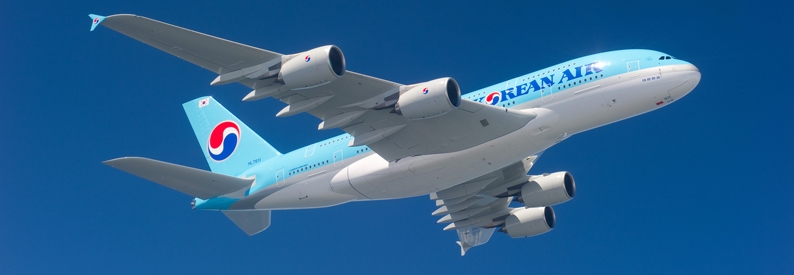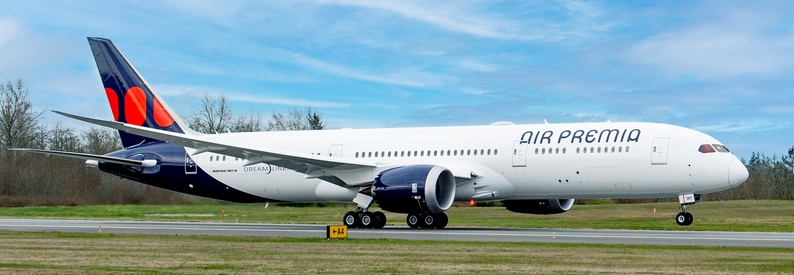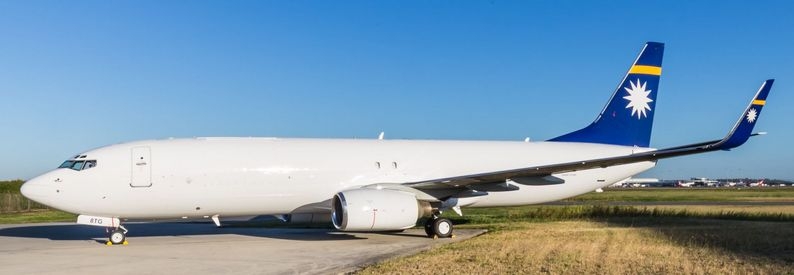The South Korean government will likely be more discerning when distributing any further rounds of funding for its struggling airlines, in particular its budget carriers, leaving less competitive airlines unqualified to receive emergency funds, AJU business news and the Korea Times reported.
Seoul is currently looking at extending additional funding to Korean LCCs beyond an initial KRW300 billion won (USD243 million) bailout. As the carriers burn through the cash, further support is becoming seen as inevitable.
The state-owned Korea Development Bank has opted to raise a KRW40 trillion (USD32 billion) coronavirus relief fund as the private sector in general clamours for the government to play a more significant role to help key industries. But to tap into this funding, companies must negotiate a series of harsh standards that only a few of the airlines will be able to get around.
According to the bank's requirements, only Air Busan and Jeju Air appear to be eligible to receive funding out of the country's seven low-cost carriers. The remaining five - Air Seoul, Eastar Jet, Fly Gangwon, Jin Air, and t'way Air - will be left to come up with their own cost-cutting measures.
Full-service carriers Asiana Airlines and Korean Air are also expected to receive further funding.
Under the guidelines, for example, only companies with debts totalling more than KRW500 billion (USD403 million) can receive support, slamming the government's doors on mid-tier LCCs like Jin Air (with debts of KRW426 billion (USD343 million)) and T'Way (KRW372 billion (USD300 million)) but opening it for Air Busan (KRW560 billion (USD451 million)) and Jeju Air KRW642 billion (USD517 million)).
"Low-cost carriers must have been deeply disappointed by the decision," a source told the Korea Times. "But the government is not in a position to provide unconditional financial support to sagging companies, as such a move can be seen as a reckless waste of taxpayers' money. The government's budget is not sufficient enough to fund industry players widely deemed as uncompetitive."

